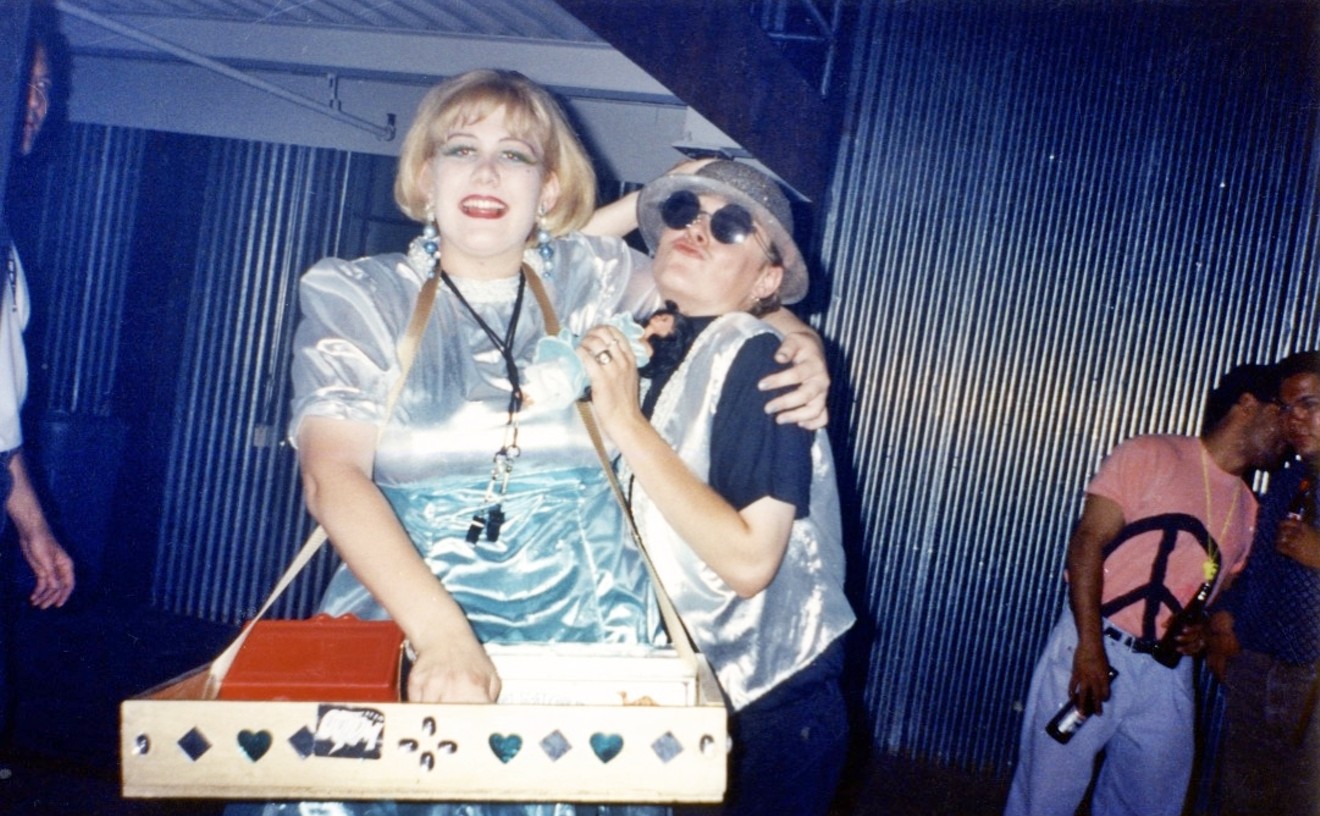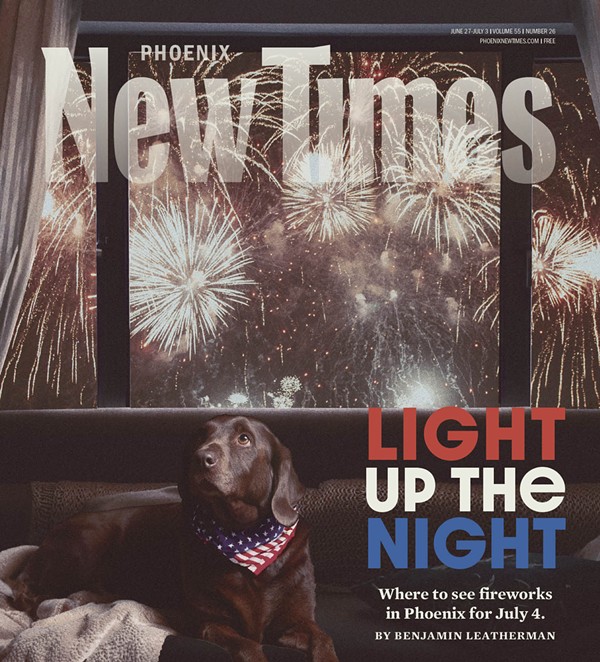The suit accuses the multibillion-dollar entertainment company of illegally using its influence to squash competition and monopolize the live music industry, resulting in higher ticket prices and limited choices for concertgoers.
Arizona joined with 29 other states and Washington D.C. in the lawsuit, which was filed in U.S. District Court in New York. Arizona Attorney General Kris Mayes said in a statement that Live Nation's alleged anticompetitive and monopolistic practices have unnecessarily forced consumers to pay more to see their favorite artists.
Live Nation, which earned $22.7 billion in 2023, is a giant in the live entertainment world. It manages more than 400 artists and owns 250-plus venues worldwide, including The Van Buren and Talking Stick Resort Amphitheatre in Phoenix.
Mayes says the company abused its power over the live entertainment industry and artists to stifle innovation, restrict competition and increase its bottom line.
“The uncompetitive live entertainment market created by Live Nation has also left artists and venues without real any choice but to use Live Nation,” Mayes said in her statement. “This lack of competition hurts everyone, from fans to performers – and it’s time to hold Live Nation accountable for its violations of the law.”
The suit aims to increase competition by splitting off Ticketmaster into a separate company and forcing Live Nation to cease its anticompetitive practices.
It would be welcome news to some Arizona venue owners and concert promoters.

The Van Buren is one of the Phoenix venues owned by multibillion-dollar entertainment and concert promoter Live Nation.
Benjamin Leatherman
‘Live Nation is like big brother’
Michelle Donovan, co-owner of The Nile Theater in Mesa, says it's been difficult competing against Live Nation.“Live Nation is like big brother and it's hard to compete with them at times,” she says. “So it may be easier for the independents if there's more regulations on what they're able to do.”
Donovan says live entertainment is a competitive industry and Live Nation has more financial resources than an independent venue like Nile Theater.
“I think it's just because they have way more buying power. They can buy 10 or 11 shows at a time on a tour and package that all together,” she says. “It's hard to compete when they can make it easier for agents and bands by buying in bulk and offering more money, selling the tickets and owning the venues.”
Live Nation often works with small and mid-sized venues in local markets like Phoenix. Donovan says the company has booked multiple concerts at Nile Theater over the years.
“We’ve enjoyed working with them and all of their people, but overall, they have more money and power than we do,” she says.
Live Nation’s dominance and booking power might discourage independent promoters and venues from speaking out publically against the company. Multiple local promoters contacted by Phoenix New Times declined to comment on the federal lawsuit against Live Nation out of fear of losing future business. Others didn't return calls on the matter.
‘We saw this coming’
The lawsuit is the latest backlash against Live Nation and Ticketmaster since the 2022 debacle over selling tickets for Taylor Swift phenomenally popular Eras Tour, which led to furious concertgoers and increased government scrutiny of both companies.Donovan says she wasn’t surprised by the news.
“We saw it coming,” she says. “After the Taylor Swift stuff went down and how the government was taking a closer look at concert promotion and ticketing in general, it seemed like they were going to take action at some point.”
If the lawsuit does split off Ticketmaster and force Live Nation to cease its alleged anticompetitive practices, will it make ticket prices cheaper or easier to buy?
Charlie Levy, owner of downtown Phoenix venues Crescent Ballroom and Valley Bar, doesn’t think so.
“I’m not a politician and this is above my pay grade,” he says. “I do think this is just in reaction to the Taylor Swift thing, but I don't know how tearing apart Ticketmaster is going to stop inflation or bots from crashing the ticketing system, no matter who owns it. There will always be ticket fees and the price of everything is just going up.”
Levy, who co-owned The Van Buren with Live Nation before selling his stake to the company in 2021, says many Arizona promoters and venues already use independent ticketing services like Eventbrite as alternatives to Ticketmaster.
(Crescent Ballroom and Valley Bar offer tickets for most of their shows through TicketWeb, a subsidiary of Ticketmaster.)
“The Rebel Lounge isn’t on Ticketmaster and everyone in Tucson uses DICE,” Levy says. “So it seems like there’s already competition.”
Live Nation’s reaction to the antitrust lawsuit
Dan Wall, executive vice president of Live Nation, said in a statement the allegations in the federal lawsuit against the company were baseless and caused by “fan frustration with the live entertainment industry.""It blames concert promoters and ticketing companies — neither of which control ticket prices — for high ticket prices," Wall said. "It ignores everything that is actually responsible for higher ticket prices, from increasing production costs to artist popularity, to 24/7 online ticket scalping that reveals the public’s willingness to pay far more than primary tickets cost."
He added Live Nation will fight the matter in court. The company also set up a page at livenationentertainment.com/facts on Thursday aimed at "setting the record straight" on the matter.













